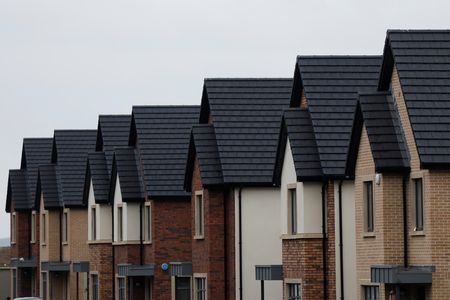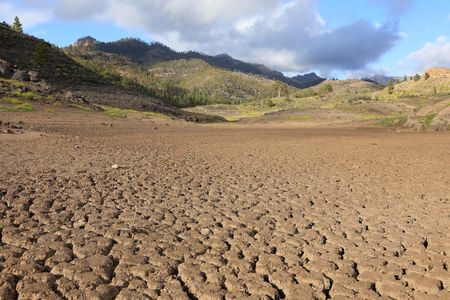DUBLIN (Reuters) – Ireland’s policy of capping residential rents to slow runaway housing costs has choked the supply of properties, the country’s top private landlord said on Thursday, as the government considers introducing an alternative system of reference rents.
Prime Minister Micheal Martin said earlier this month the government would study a proposal from a government-appointed Housing Commission for a new system that would tie rent increases to the rates charged for comparable properties in the same area.
Eddie Byrne, CEO of Irish Residential Properties REIT (IRES), which owns about 4,000 homes in Dublin and Cork, welcomed the government’s efforts for reforms that could boost the supply of rental properties while also protecting renters.
But Byrne told Reuters he wanted to see further details about the proposal as “not a lot of clarity around what reference rents actually means and how they would be implemented”.
So-called rent pressure zones were introduced in 2016 to cap rent increases at a maximum of 2% a year, but the current legislation is due to expire at the end of 2025.
The potential changes are part of a broader government push to boost private sector construction and attract more private capital after investment in the rental sector dropped sharply in the last three years as interest rates increased.
That contributed to a 24% fall in the number of apartments built in Ireland last year, pushing the government further away from its target of overseeing 50,000 new homes a year to 2030 to meet demand. Just 30,330 were completed last year.
“If you look at construction that’s happening today of apartments, almost none of it is private rental apartments, and anything that is going to be delivered in the next few months was started two or three years ago,” Byrne said.
“After that, there is nothing else that’s going to be delivered.”
IRES published full-year results on Thursday that were in line with broker forecasts. Underlying earnings expanded and asset yields stabilised. Adjusted EPRA earnings increased 1.4%.
(Reporting by Graham Fahy; Editing by Helen Popper)











